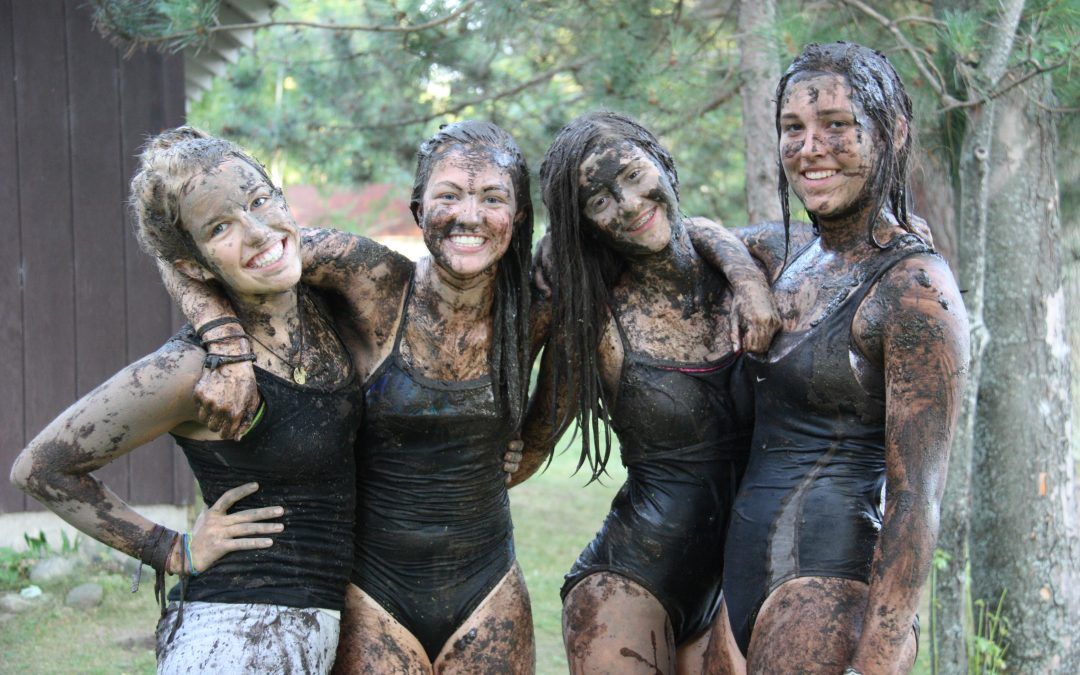“When I was a kid, we played outside with no adult supervision, we didn’t need electronic gadgets to amuse us or coaches to tell us how to have fun”.
I personally remember on many occasions my own mother making statements like this when I was a child. I grew up in the ’90s, and as much as it embarrasses me to admit this now, I was more interested in my Sega Genesis than I ever was in going outdoors and playing with other children. I can now see why my mom would try so hard to convince me that there is a bigger world out there than the world of Sonic the Hedgehog.
Sadly, I think it’s getting worse in today’s youth. With so many new technologies and social media websites, many children no longer see a need for interaction and play with others. A recent article printed in The Boston Globe by Carlo Rotella brought light to a serious need for free play. It made me realize two things – firstly, that I wasted a lot of my childhood, and more sadly, secondly, that many other children are doing the same today.
Rotella points out that over the past half-century there’s been a steep decline in free play in children due to the increasing dominance of the car, TV, and computers, and a retreat from public space and public life. Free play isn’t an “extra” to be squeezed in between lessons, practices, and screen time. Free play – meaning an activity chosen and directed by the participants and undertaken for its own sake (and not, say because an adult will give them some kind of credential for doing it), is what kids are designed to do.
 Camp Foley can be a great help to combat this rising issue. It’s just like the ‘block’ that most parents will remember from their childhood – the more kids out there on the block, available to play, the more appealing it becomes to go out and play. There is plenty of time for unstructured interaction and play for your child at Foley, too. Morning Fun and Free Time being two great examples of this – the campers are supervised, but they are not actively engaged in a structured activity at these points. Campers are free to roam around camp and engage in any activity they choose, with whoever they choose, playing whatever games they decide to.
Camp Foley can be a great help to combat this rising issue. It’s just like the ‘block’ that most parents will remember from their childhood – the more kids out there on the block, available to play, the more appealing it becomes to go out and play. There is plenty of time for unstructured interaction and play for your child at Foley, too. Morning Fun and Free Time being two great examples of this – the campers are supervised, but they are not actively engaged in a structured activity at these points. Campers are free to roam around camp and engage in any activity they choose, with whoever they choose, playing whatever games they decide to. This is where a child really learns lessons that no textbook or TV program can teach them – it teaches children how to make decisions, solve problems, exercise self-control, follow rules, regulate their emotions, get along with others, make friends and develop interests.
This is where a child really learns lessons that no textbook or TV program can teach them – it teaches children how to make decisions, solve problems, exercise self-control, follow rules, regulate their emotions, get along with others, make friends and develop interests.
– Ricky Searson, Assistant Director

